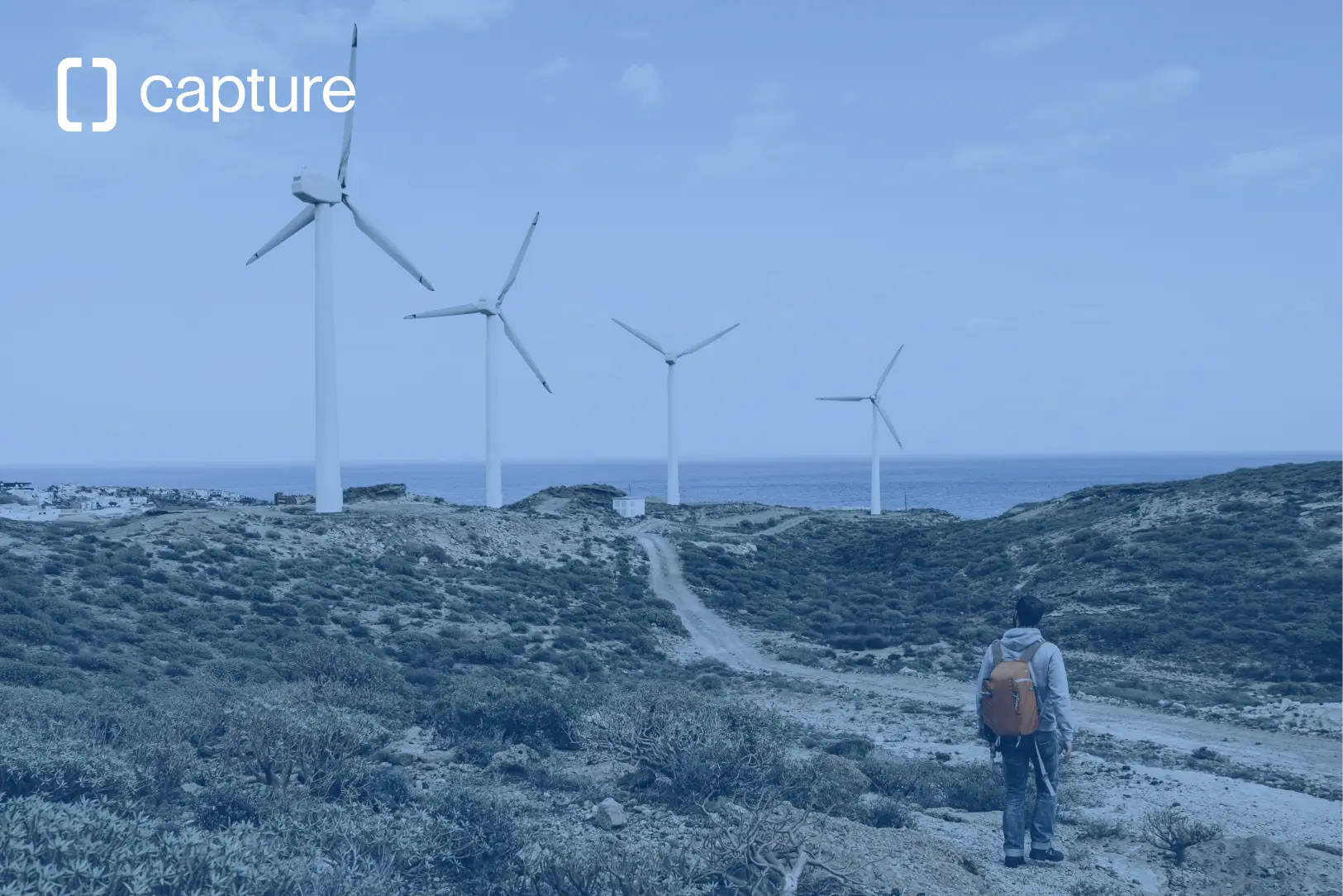Government grants and tax reductions for battery storage
As of the 1st of February 2024, the government has cut VAT on all battery installations in the UK, effectively reducing their cost by 20%. This tax cut applies to all homeowners, with or without solar panels on their roof. For the 1.2 million homeowners in the UK already benefitting from solar panelled homes, they can now also benefit from tax cuts on batteries helping them save money when the sun goes down. The VAT reduction will provide you with savings of between £700 to £1500 on your battery storage system, without having to do anything.

The topic in a nutshell
As of 01/02/2024, all battery installations in the UK qualify for 0% VAT, saving homeowners £700–£1,500.
This VAT reduction expires on 31/03/2027 - invest now to maximise savings before the policy ends.
ECO4 and other schemes offer extra subsidies for low-income households upgrading to solar and battery storage.
We can help you understand if you qualify for any grants along and find the right battery for your home in a consultation.
What type of projects are now included in the UK’s 0% VAT policy?
There are three types of projects that the VAT reduction applies to:
1. Retrofit Storage Batteries to existing Solar Panels
If you are an existing solar PV household without a battery, you are now in the position to add battery storage to improve the efficiency and increase the savings of your system. We have already explained in another article how a battery can help you earn an additional £1,000 per year in combination with your solar panels.
2. Standalone Battery Storage Systems
20% reductions on standalone battery systems make them more competitive than ever, you can now invest in standalone battery systems to save on electricity bills. This tax cut just improves the payback period on your investment even further. We have explained the benefits of such a standalone battery system in a previous article.
3. Battery Storage and Solar Panels
New battery and solar projects benefit from the tax reduction, reducing the price and enabling maximum savings for minimum price.
What about other subsidy schemes the UK’s government provides?
The 20% tax cut is a progressive policy and takes the UK’s homeowners one step closer to energy autonomy, aligning the UK’s commitment to reduce carbon emissions by giving you, the individual, access to financial incentives.
For low-income households looking to do a full retrofit they can apply to the ECO4 subsidy, a subsidy to improve the energy efficiency of homes. Which applies to properties with an EPC rating of E or below as well as the recipient receiving some form of benefits, further requirements to be found here. It includes subsidies for solar panel and solar battery storage projects.
The government has also included 20% tax cuts for solar installations, air and water source heat pumps, diverters retrofitted to ESMs such as solar panel or wind turbine, and retrofitted batteries. They have still not included them for thermal storage or electric vehicle (EV) charge points. However, as the UK moves further down the Net Zero pathway the tax cuts and subsidies should keep coming allowing you to continually add to your system.
Whichever subsidy or tax cut path you can take, residential battery systems can provide energy cost savings to all households making them a solid investment for the future.
The Sunset Clause will signal the end of the VAT reduction
The zero percent VAT rate won’t last forever, it is due to expire on the 31st of March 2027. With this deadline in mind, now is the time to invest in a battery storage system in your home. It is a clean, green investment for the future that makes both economic and environmental sense. Don’t wait until it’s too late.






.webp)